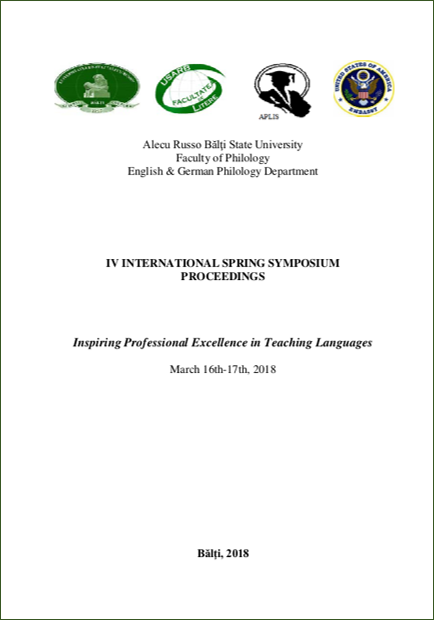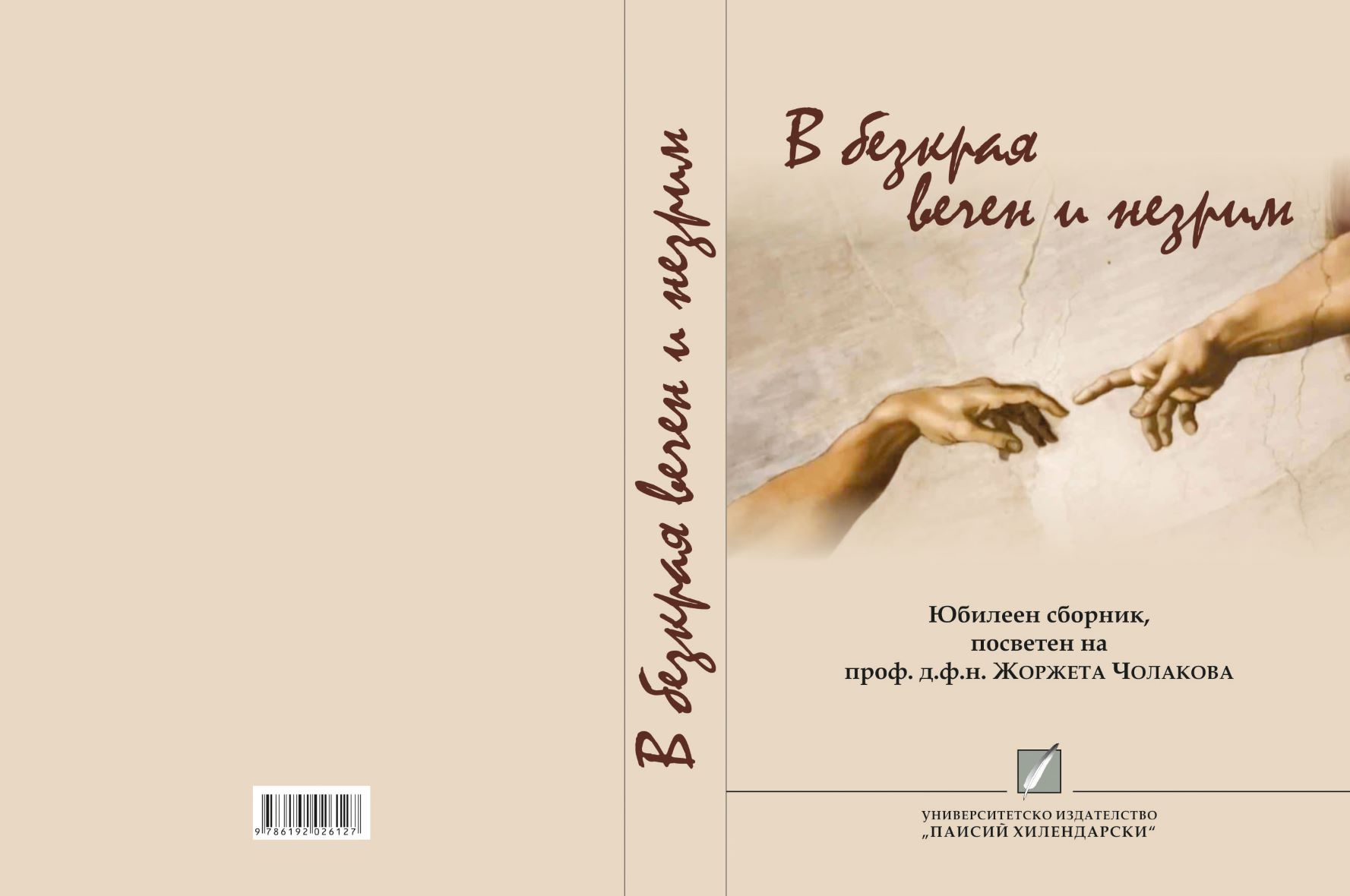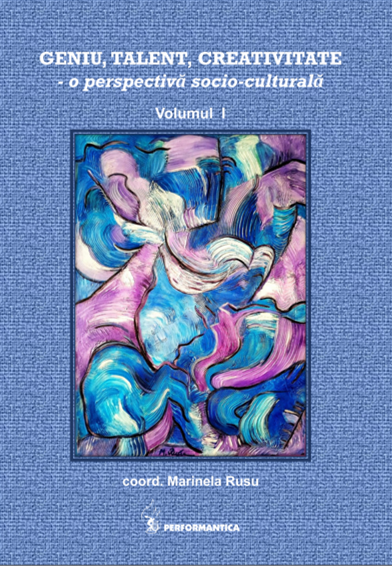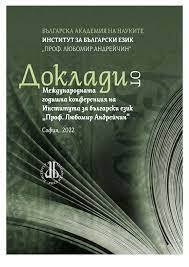
MODES OF LEARNING AND TEACHING IN METHODOLOGY SESSION
The author of the article presents the results of Baseline study within the joint project of British Council Ukraine and the Ministry of Education and Science of Ukraine “New Generation School Teacher” as well as the results of this project implementation. The project is described as the one to introduce change to the initial teacher education system in Ukraine. The shared information is on the modes of learning and teaching used in the course of Methodology of English Language Teaching which has been piloted since September, 2016 in 10 Ukrainian universities. The sessions within the experimental course contain a great variety of modes of learning and teaching. This course comprises the best examples of teaching as Methodology is the main course in future teacher’s education. The new Curriculum is shown as the one which focuses on developing the professional skills of teaching through student active participation in the methodology course. The author describes the following range of modes for students’ being engaged in active learning: group work, guided reading, jigsaw learning, microteaching, project work, task-based learning and workshop. The sessions of the Methodology course are based on the principles of Bloom’s Taxonomy and according to Kolb’s experiential cycle. They are held in English. There are always good opportunities for the development of students’ life skills. Within working in groups of changeable composition, future teachers learn to act collaboratively, to be responsible for the group’s decisions, to be tolerant, to be convincing. Their critical thinking is promoted as well. Student-centred Methodology sessions help students to become able of holding student-centred English classes in their future professional life. In the article there is a detailed description of one Methodology session comprising various modes of students’ learning. Besides, the author explains that the course of Methodology is closely connected with the practical aspects of learning and teaching at schools where students have their school practice.
More...


